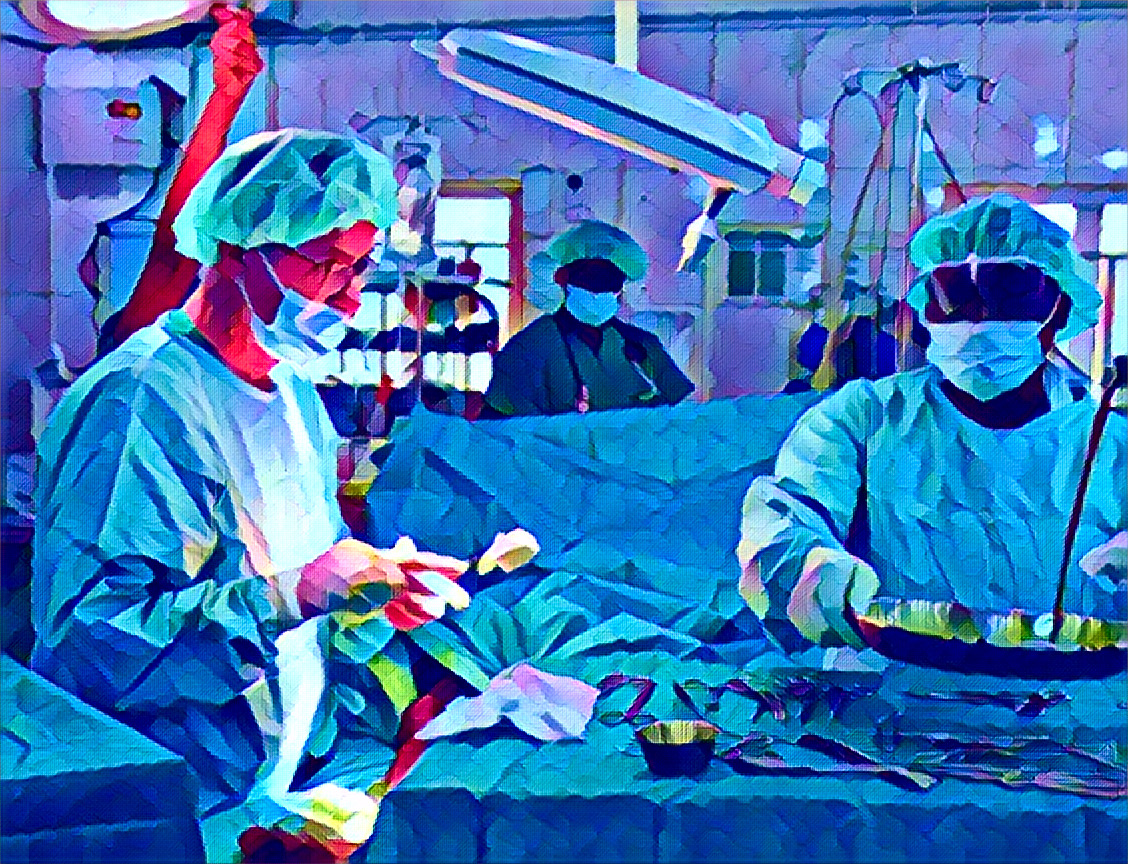Despite the enactment of the Compulsory Treatment and Care for Victims of Gunshot Act in 2017 by Nigeria’s National Assembly, aimed at ensuring that gunshot victims receive prompt medical care without the need for a police report, hospitals across the country continue to demand these reports before administering treatment. This practice not only contravenes the law but also abandons the fundamental principles of the Hippocratic Oath that medical professionals vow to uphold, leading to unnecessary deaths.
The Act was specifically designed to eliminate the bureaucratic obstacles that previously hindered the immediate care of gunshot victims, stemming from fears of police victimization. It clearly outlines penalties for non-compliance, setting fines and potential imprisonment for those who neglect their duty to provide care. Furthermore, it obligates hospitals to report the admission of gunshot victims to the nearest police station within two hours of the commencement of treatment, thereby addressing concerns of police investigation while ensuring the victim’s immediate medical needs are met.
Regrettably, six years post-enactment, the law is largely ignored by both law enforcement and medical personnel. Incidents where victims were denied treatment due to the absence of a police report are distressingly common, with some cases leading to preventable deaths. Examples include Emmanuel Samuel, Ebenezer Ayeni, and Bolanle Raheem, whose tragic stories highlight the dire consequences of this negligence.
The recent directive from the Inspector-General of Police, Kayode Egbetokun, reinforcing the law’s enforcement, underscores the ongoing challenges in its implementation. Security expert Mr. Christopher Oji and the National Coordinator of the Human Rights Writers Association of Nigeria (HURIWA), Comrade Emmanuel Onwubiko, suggest that widespread ignorance of the law and a lack of punitive measures for non-compliance are significant factors contributing to its disregard. They advocate for enhanced training and awareness campaigns to educate healthcare providers and law enforcement on their legal obligations.
Legal perspectives suggest that the fear of police harassment and extortion deters hospitals from treating gunshot victims without a police report. Lawyer Ezebube Chinwike recommends the development of an online reporting portal to facilitate seamless communication between hospitals and police, thereby reducing the risk of extortion and encouraging compliance with the law.
Additionally, healthcare professionals like Dr. Samuel Chinwueze Johnson emphasize the medical community’s ethical duty to treat all patients, regardless of circumstances, while also complying with legal requirements to inform law enforcement. The Act offers legal protection for medical practitioners who fulfill their obligations, underscoring the importance of prioritizing patient care over procedural formalities.
The pervasive culture of law disobedience, highlighted by legal expert Angus Obinna Chukwuka, reflects a broader issue within Nigerian society, where laws are frequently flouted with little consequence. This environment of impunity not only undermines the rule of law but also jeopardizes the lives of those in dire need of medical attention.
To effectively address these challenges, a multifaceted approach is necessary. This includes rigorous enforcement of existing laws, enhanced education and training for healthcare and law enforcement personnel, and the development of mechanisms to protect hospitals from the legal and financial repercussions of treating gunshot victims. Moreover, public awareness campaigns can empower citizens with knowledge of their rights, encouraging them to demand compliance and hold institutions accountable.
The Compulsory Treatment and Care for Victims of Gunshot Act represents a critical step towards ensuring the right to life and medical care for all citizens, particularly those in vulnerable situations. Its full implementation requires a concerted effort from the government, civil society, and the medical community to overcome ingrained practices and attitudes that hinder access to emergency medical care. By addressing these challenges head-on, Nigeria can move closer to fulfilling its obligation to protect and care for all its citizens, regardless of the circumstances leading to their injuries.
Source: The Guardian


